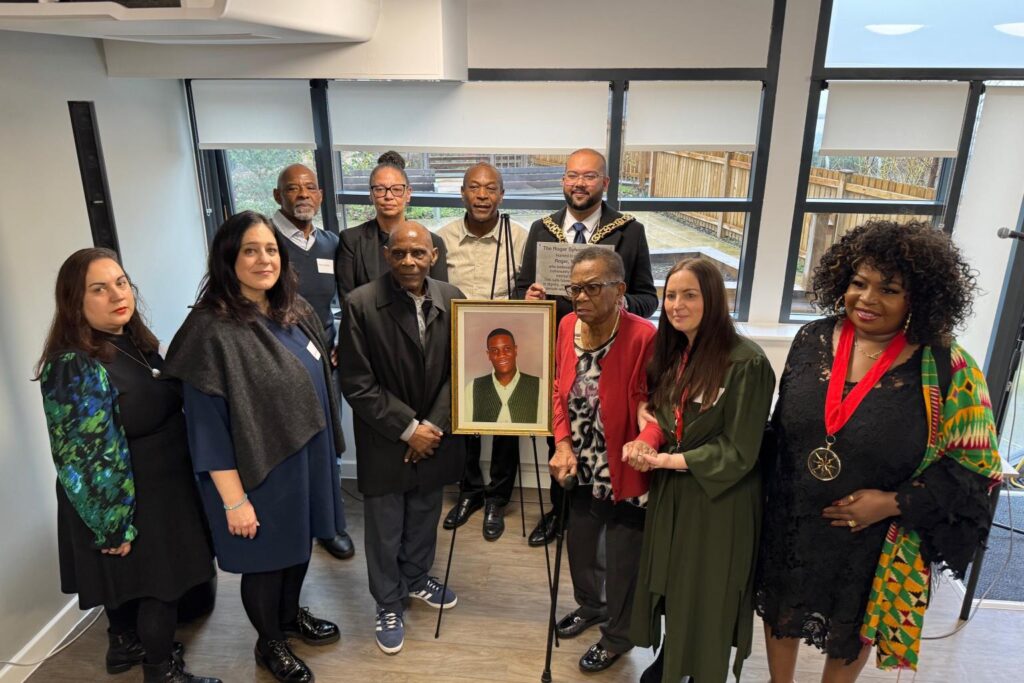A third of disabled people are struggling to make ends meet – three times the proportion of non-disabled adults, according to new research.
The findings also showed that some disabled people are much more likely to face financial hardship than others, due to the type and nature of a person’s impairment, as well as factors such as age.
Researchers from a team at the University of Bristol’s Personal Finance Research Centre and the Research Institute for Disabled Consumers, supported by abrdn Financial Fairness Trust, investigated financial wellbeing among disabled people with a new focus on demographics and impairment type.
They found that, while many disabled people in the UK are struggling financially, age, income-level and types of impairment are key factors in influencing disabled people’s living standards and what they can afford.
The survey of 815 people found that age and income contribute to differences in disabled people’s financial wellbeing:
- Working age disabled adults reported significantly worse financial wellbeing than those of pensionable age on all financial wellbeing measures
- Disabled people on the lowest incomes, those in receipt of benefits and those not undertaking any paid work also had higher levels of financial difficulty.
Nearly 40% of disabled people who acquired their disability suddenly were in a ‘constant struggle’ to pay their bills, with 36% unable to afford occasional treats for themselves or their family. This compares with 24% and 20% respectively for those who had been disabled since birth.
Lack of money can have serious negative impacts on disabled people’s mental and physical health, when they are already living with often complex, multiple health conditions. As a direct result of money worries, in the last six months:
- Three-in-ten (27%) disabled adults are in serious financial difficulty, compared to one-in-ten (11%) of non-disabled adults
- Nearly one-in-three (29%) disabled people said that ‘it is a constant struggle’ to meet their bills and credit commitments
- 52 percent had been unable to keep their home warm and comfortable
- Nearly a third (32%) had avoided going to the dentist or receiving dental treatment as a result of the cost, while a quarter had cut down or stopped receiving medical services that they had been paying privately for, such as counselling or physiotherapy.
While cutting back may reduce financial costs, ultimately this can come with a hefty price tag in terms of the impact on disabled people’s health. When asked how they felt their financial situation was affecting their health, 45% of disabled people said it was making their mental health worse, while 40% felt this was true of their physical health.
Among those in receipt of benefits, this rises to 49% for mental health and 43% for physical health. For those on the lowest incomes, these rise yet further to 57% and 50% respectively.
The researchers called for better access to employment for those who can work, a benefit system that provides a proper safety net, targeted support to reduce the costs of disability, and better access to essential services and advice.
Professor Sharon Collard, chair in personal finance at the University of Bristol, said: ‘There are examples of positive changes already happening on some of the issues we highlight in the report. But to make a real difference, major changes are required to ensure that all disabled people in the UK have a decent standard of living. Just as important is the need to change the public conversation about disability and disabled people in the UK – who make up nearly one-in-four of our total population – in order to challenge negative narratives and harmful stereotypes.’
Gordon McCullough, CEO of the Research Institute for Disabled Consumers, said: ‘This report highlights the disability trap many disabled people find themselves in where the cost-of-living crisis has exacerbated the extra costs associated with being disabled. We hope this report shows the importance of fully appreciating the challenges and barriers disabled people face when understanding what financial wellbeing means to them.’
Image: Kelly Sikkema
Scottish government announces reopening of Independent Living Fund
New report reveals unequal disability rates between education groups

















Leave a Reply